Speaking at the Japan - Mekong Delta Meeting Conference organized by the People's Committee of Can Tho City in coordination with the Ministry of Foreign Affairs, the Embassy of Japan in Vietnam and the Japan External Trade Organization (JETRO) on the afternoon of August 8 in Can Tho City, National Assembly Chairman Tran Thanh Man said that the Vietnam - Japan relationship is a successful model of bilateral cooperation, built on the foundation of more than 50 years of political trust, cultural similarities and historical ties.
 |
| National Assembly Chairman Tran Thanh Man speaks at the Conference |
There are currently more than 2,500 Japanese enterprises operating in Vietnam and a community of more than 600,000 Vietnamese people in Japan - the second largest among foreign communities here.
The National Assembly Chairman said that the Mekong Delta is known as the “rice granary” of Vietnam with a total GRDP in recent years ranging from VND970 trillion in 2020 to more than VND1,409 trillion in 2024, accounting for more than 12% of the country’s GDP. This region contributes about 50% of rice output, 95% of rice exports, 65% of aquaculture output, and 70% of fruit output of the country.
Despite its great potential, the Mekong Delta is facing many serious challenges due to the impact of climate change; challenges in human resources, transport infrastructure; supporting industrial ecosystem, regional connectivity...
The National Assembly Chairman emphasized that Vietnam always considers Japan as a leading strategic partner, especially in the fields of economics, investment and technology transfer. Vietnam highly appreciates Japan's great contributions through ODA projects, such as Can Tho Bridge - a symbol of the friendship between the two countries, or the Can Tho University upgrade project and many other projects in the Mekong Delta.
 |
| Japan - Mekong Delta Region Meeting Conference |
From there, the National Assembly Chairman suggested major orientations to promote investment cooperation between Japanese enterprises and the Mekong Delta region in the coming time, specifically:
First, focus on strategic areas. Vietnam encourages Japanese enterprises to invest in supporting industries, high technology, digital transformation, clean energy and smart agriculture.
Second, increase technology transfer and human resource training. Vietnam hopes that Japanese enterprises will not only invest financially but also share experiences and transfer modern technology, especially in areas such as green transformation, circular economy and corporate governance.
Vietnam aims to become a developed country with upper middle income by 2030 and high income by 2045. In this journey, the Party, State, National Assembly and Government of Vietnam identify the Mekong Delta as playing an important role in the strategy of sustainable development and adaptation to climate change.
“Initiatives such as the Asian Energy Transition Initiative (AETI) or the Asian Zero Emission Community (AZEC) of Japan will find strong support from the Mekong Delta, especially in renewable energy and environmental protection projects,” the National Assembly Chairman emphasized.
With the current advantages from the rearrangement of administrative units, the reorganization of 2-level local governments to be streamlined, strong, effective and efficient, the National Assembly Chairman believes that the transparent investment environment and simplified administrative procedures will provide maximum support for foreign enterprises to invest in Vietnam, the Mekong Delta, especially Japanese enterprises. Thereby, the National Assembly Chairman called on Japanese enterprises to actively participate in building sustainable value chains, contributing to the prosperous development of both sides.
 |
| Ms. Obuchi Yuko, President of the Japan - Vietnam Friendship Parliamentary Alliance, spoke at the Japan - Mekong Delta Meeting Conference. |
On the Japanese side, Ms. Obuchi Yuko, President of the Japan-Vietnam Friendship Parliamentary Alliance, shared that Japan and Vietnam have a long-standing diplomatic relationship, which will enter its 50th year in 2023, and has now been upgraded to a comprehensive strategic partnership. During Prime Minister Ishiba's visit to Vietnam in April this year, the two sides continued to affirm that they will expand cooperation in many areas such as diplomacy, economy and people-to-people exchange.
The Chairman of the Japan-Vietnam Friendship Parliamentary Alliance said that there are currently more than 630,000 Vietnamese people living in Japan - the second largest among foreign communities, and a record high number as of the end of last year. On May 31 and June 1, the Vietnam Festival was held in Tokyo - an annual event since 2008, with Mr. Aoyagi Yoichiro - Vice Chairman of the Alliance, who loves Vietnam and is also the founder of the festival - taking on the role of Chairman of the Organizing Committee from the very beginning. The festival is a great opportunity to promote the beauty of Vietnam in Japan. The event attracted more than 140,000 attendees in just 2 days, showing the strong appeal of Vietnamese culture.
Ms. Obuchi Yuko added that at the Vietnam booth at the Osaka - Kansai International Exhibition currently taking place, the average number of visitors is up to 10,000 people per day. Such cultural contact opportunities are helping Vietnam become increasingly closer and more familiar to the Japanese people.
“Today’s conference focuses on discussing the future of Japan-Vietnam economic cooperation. I hope that, in order to support these economic activities, the Parliamentary Friendship Union of the two countries will continue to promote stronger exchanges. As Chair, I will do my best to bring the political friendship between Japan and Vietnam to a new level,” Ms. Obuchi Yuko emphasized.
Source: https://baodautu.vn/chu-tich-quoc-hoi-keu-goi-doanh-nghiep-nhat-ban-tham-gia-xay-dung-cac-chuoi-gia-tri-ben-vung-d353902.html


![[Photo] Prime Minister Pham Minh Chinh attends a conference to review one year of deploying forces to participate in protecting security and order at the grassroots level.](https://vphoto.vietnam.vn/thumb/1200x675/vietnam/resource/IMAGE/2025/11/12/1762957553775_dsc-2379-jpg.webp)
![[Photo] Highways passing through Dong Nai](https://vphoto.vietnam.vn/thumb/1200x675/vietnam/resource/IMAGE/2025/11/12/1762940149627_ndo_br_1-resize-5756-jpg.webp)
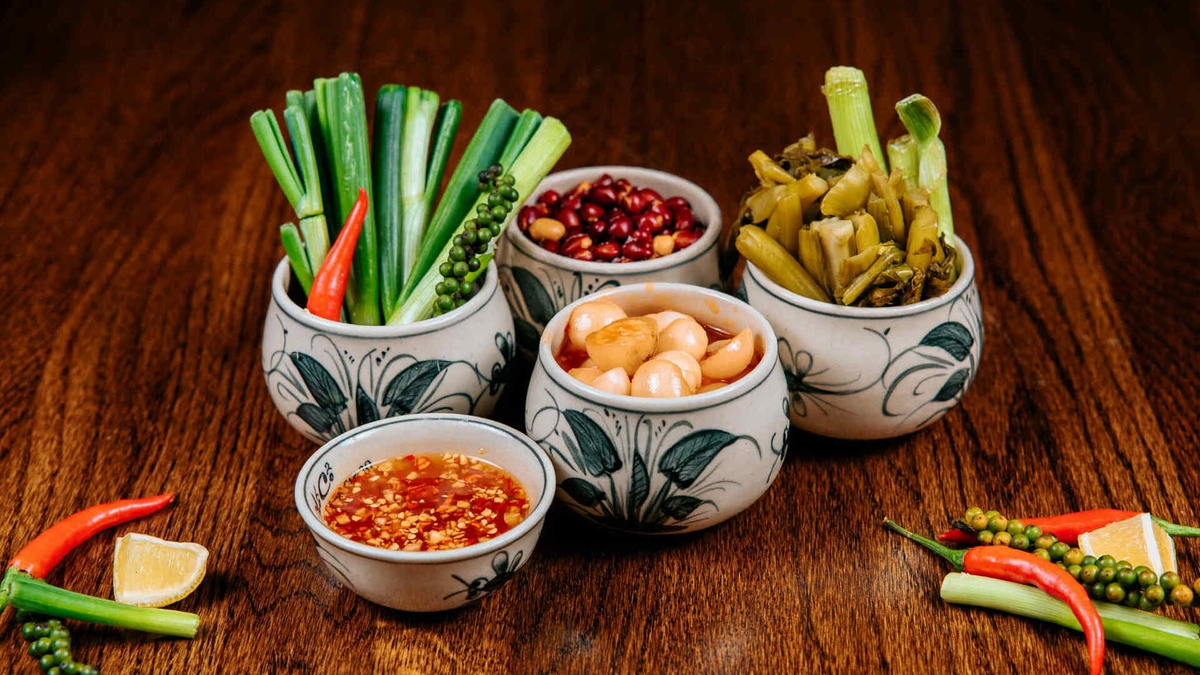



![[Photo] Prime Minister Pham Minh Chinh receives the Chairman of the Japan-Vietnam Friendship Association in the Kansai region](https://vphoto.vietnam.vn/thumb/402x226/vietnam/resource/IMAGE/2025/11/03/1762176259003_ndo_br_dsc-9224-jpg.webp)

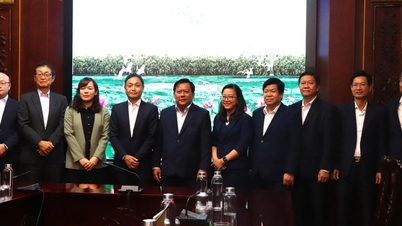

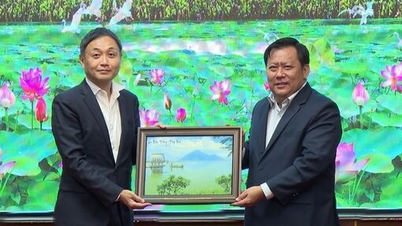

![[Photo] Prime Minister Pham Minh Chinh received Mr. Yamamoto Ichita, Governor of Gunma Province (Japan)](https://vphoto.vietnam.vn/thumb/402x226/vietnam/resource/IMAGE/2025/10/21/1761032833411_dsc-8867-jpg.webp)
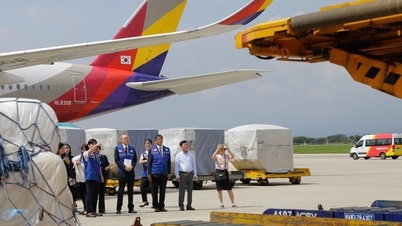

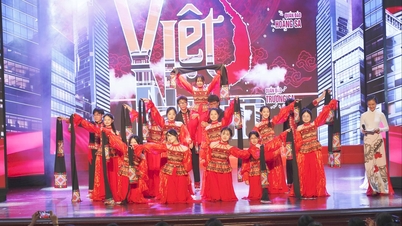




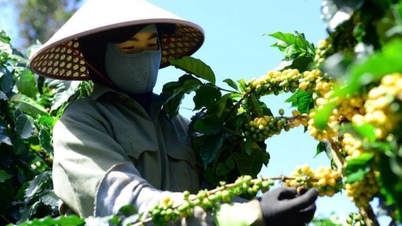



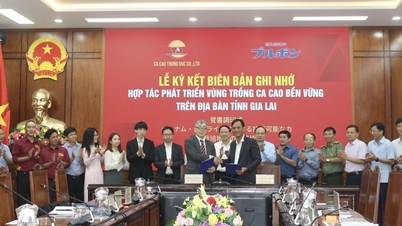







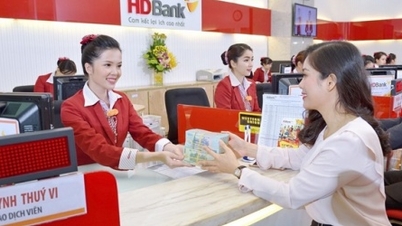
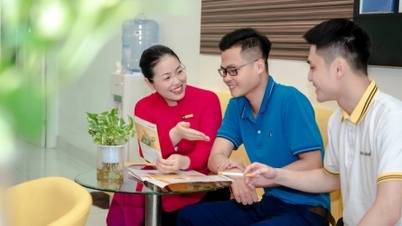
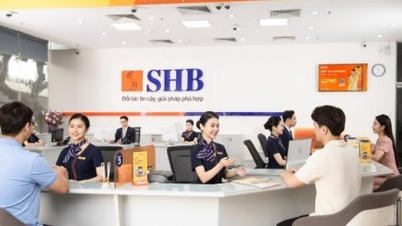
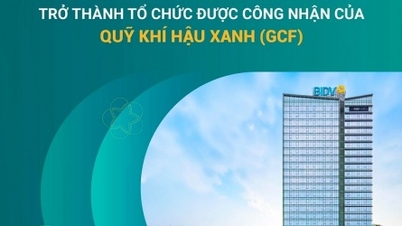











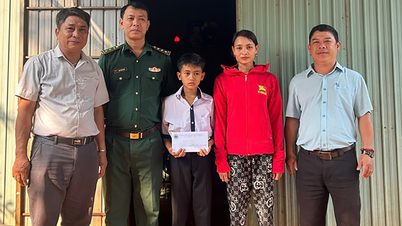




























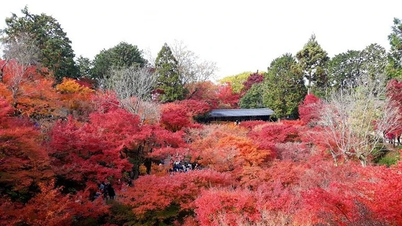





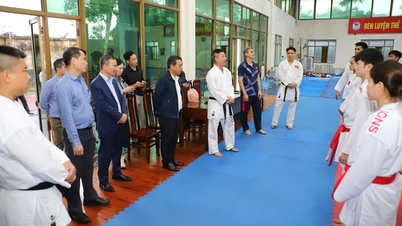

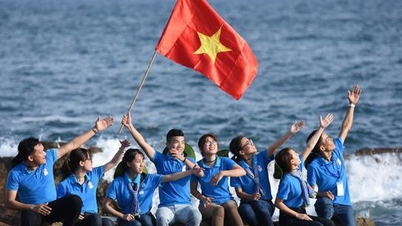




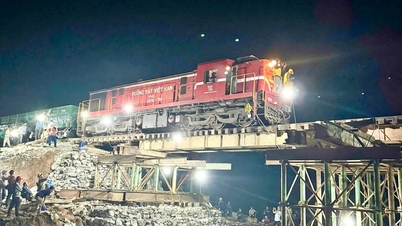
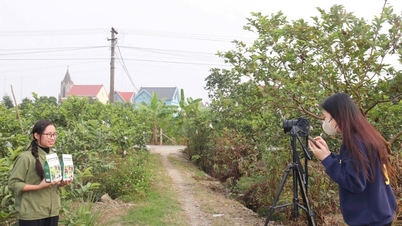
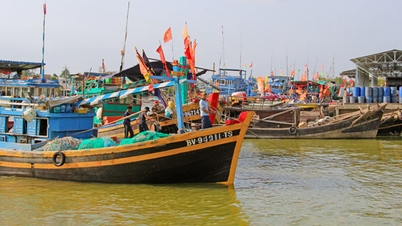










![Dong Nai OCOP transition: [Article 3] Linking tourism with OCOP product consumption](https://vphoto.vietnam.vn/thumb/402x226/vietnam/resource/IMAGE/2025/11/10/1762739199309_1324-2740-7_n-162543_981.jpeg)







Comment (0)